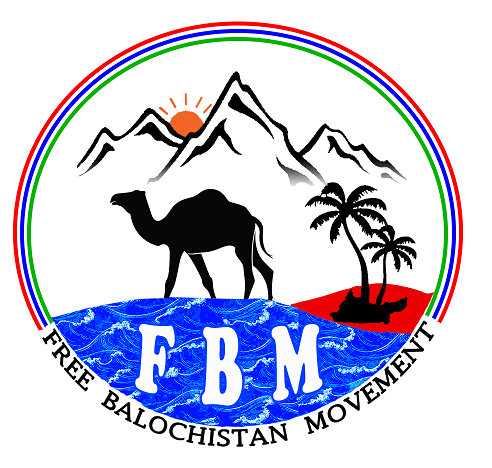M WAQAR..... "A man's ethical behavior should be based effectually on sympathy, education, and social ties; no religious basis is necessary.Man would indeed be in a poor way if he had to be restrained by fear of punishment and hope of reward after death." --Albert Einstein !!! NEWS,ARTICLES,EDITORIALS,MUSIC... Ze chi pe mayeen yum da agha pukhtunistan de.....(Liberal,Progressive,Secular World.)''Secularism is not against religion; it is the message of humanity.'' تل ده وی پثتونستآن
Wednesday, July 21, 2021
OP-ED: PTI’s naya Pakistan juggling with the old one
BY Qamar Rafiq
Open your eyes as wide as you can and take note of where you are, why you are, and who you are with? For too long, our politics has been alienated by those who believe that decency, compassion, and honesty are not important ingredients of a recipe. That is why our politics has remained polarised to rust the compass that activates magnets of wisdom and prosperity in a society. Today, the gap between the status quo and real life has become treacherously visible, and ironically, the faith in politics as a hope for change and a force for good has doomed over the entire country. It is almost eight years since Imran Khan stood at D-Chowk to tell us that he had a “vigorous plan” to fix the loopholes of the economic and social care system and offered multiple reform schemes. And yet we are no closer to any semblance of one. Perhaps, he seems so desperate to steal himself a slice of ecstasy, whereas, the members of his squad are carrying a knife in their pockets, looking for trouble, finding it everywhere, diagnosing incorrectly, and applying the wrong remedies. To the best of my knowledge, the Pakistan Tehreek-e-Insaf (PTI) leadership seems tired, exhausted, confused, aggravated and much more doubtful as to whether they have a strategy to deliver jobs, good health care, education, and basic utilities of life. Now in 2021, an entire generation of young people have almost no chance of getting jobs whilst gig economy workers are left to moan in grinding poverty. Instead of showing us the way forward, PTI’s inadequate domestic policies have rightly declared a war on overloaded healthcare and outdated education system which has bruised the dream of a welfare state.https://dailytimes.com.pk/794857/ptis-naya-pakistan-juggling-with-the-old-one/
Free Balochistan Movement forms a New Cabinet
The National Council of Free Balochistan Movement (FBM) chaired by Hyrbyair Marri was held on July 4th, 2021 after the completion of the first term of the central cabinet.
The meeting reviewed the performance of the institutions on the completion of the term of the first cabinet of the Free Balochistan Movement. The names of the heads of the new executive departments were presented to the National Council for approval at the meeting. The National Council questioned them about their qualifications and responsibilities. At the end of the meeting, the National Council headed by the Judicial Committee of the Free Balochistan Movement approved the new cabinet of the Free Balochistan Movement by voting as follows:
1. Jamal Nasir Baloch for Foreign Affairs Department
2. Beebagr Baloch for International Department of FBM
3. Faiz Muhammad Baloch for Finance Department
4. Haider KB Baloch for Organizational Department External,
5. Nobat Marri for Information Department
6. Sadiq Raisani Tribal Affairs Department
The oath taking ceremony of the new cabinet was held on July 18th 2021 under the chairmanship of the party president Hyrbyair Marri and party president administered the oath of new the central cabinet.
Talking to new cabinet of free Balochistan Movement, Mr. Hyrbyair Marri said that given the past changing geopolitics of our region we need to further intensify our liberation movement.
https://balochwarna.com/2021/07/21/free-balochistan-movement-forms-a-new-cabinet/
China has much to teach Pakistan, other than how minorities should be handled
https://theprint.in/opinion/china-has-much-to-teach-pakistan-other-than-how-minorities-should-be-handled/693390/
